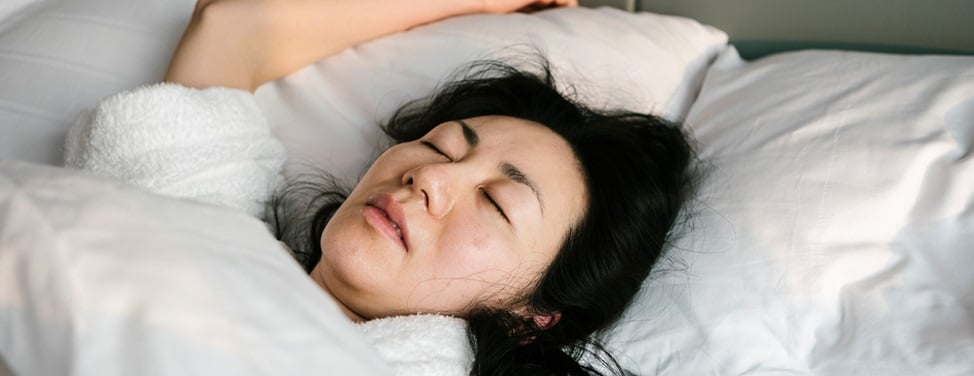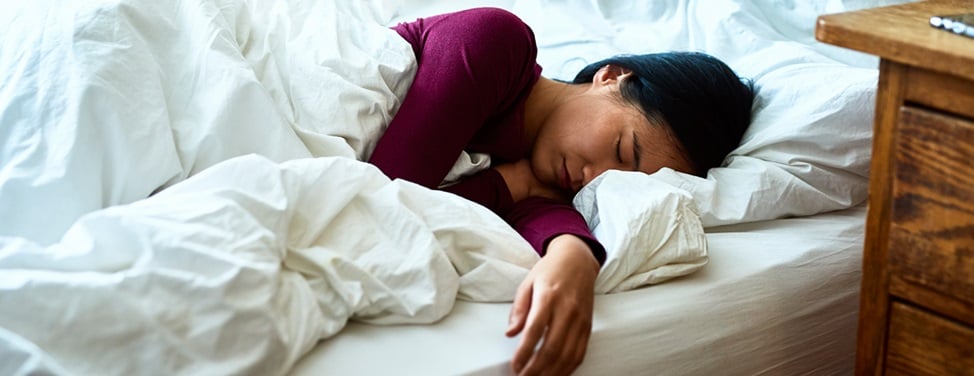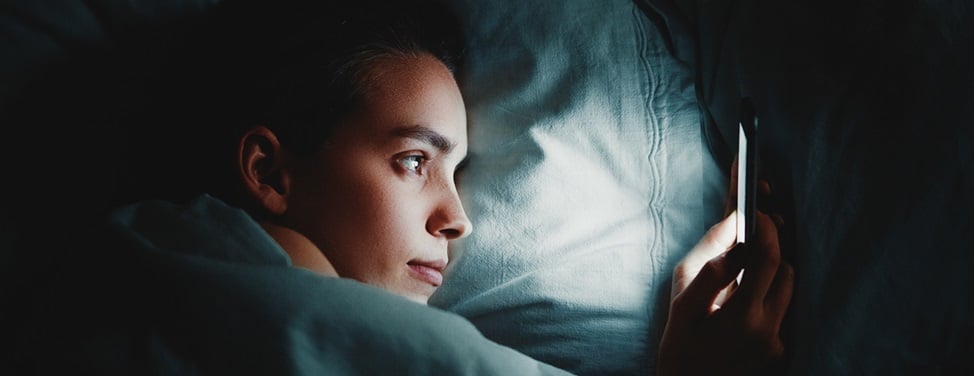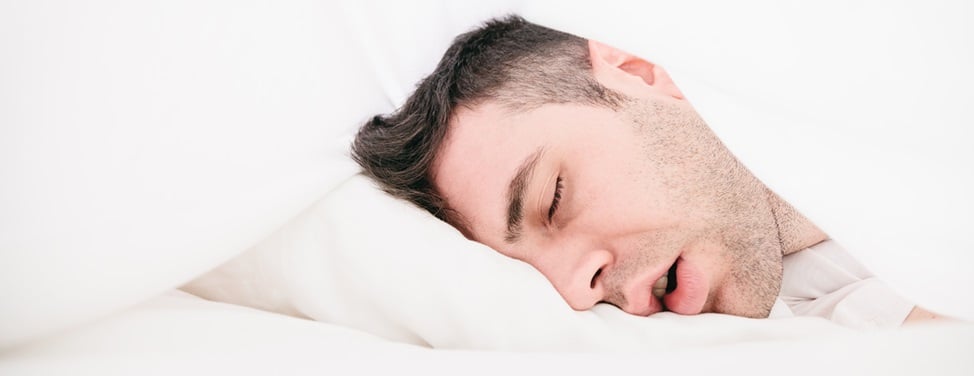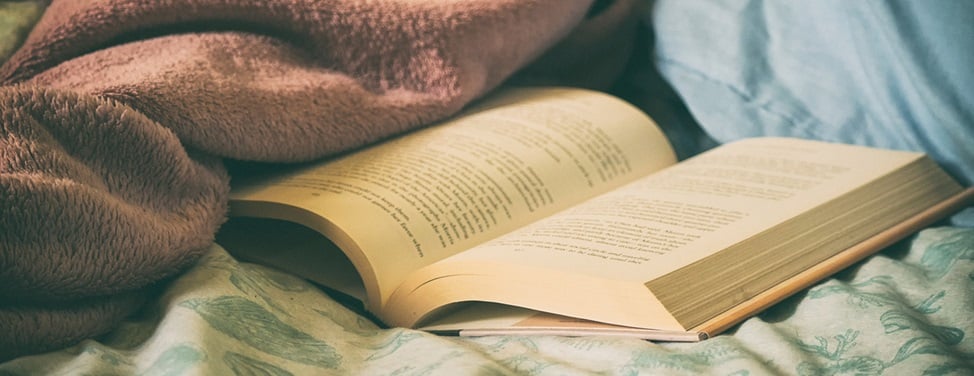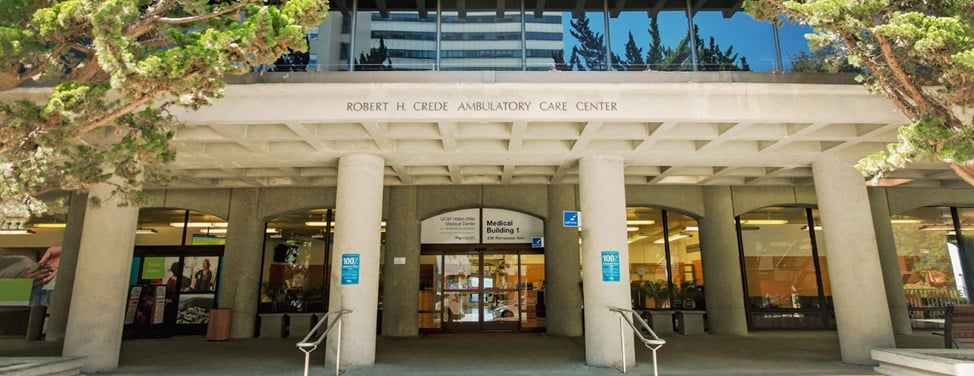
Improve Your Sleep Hygiene
- Sleep as much as needed to feel refreshed and healthy during the following day, but not more. Limiting the time in bed seems to solidify sleep, while spending excessively long times in bed seems related to fragmented and shallow sleep.
- Wake up at a regular and consistent time in the morning. This strengthens sleep cycles and can help you fall asleep at similar times each night.
- A steady, daily amount of exercise may deepen sleep, but occasional exercise does not necessarily improve sleep the following night. Also, do not exercise right before bedtime.
- Occasional loud noises, such as traffic and airplanes, disturb sleep even in people who are not awakened by noises and cannot remember them in the morning. Playing white noise, using earplugs or sound-proofing bedrooms may help those who must sleep close to noise.
- Although excessively warm rooms disturb sleep, there is no evidence that an excessively cold room promotes sleep.
- Hunger may disturb sleep. Therefore a light snack may help you sleep. Some good snacks include milk and cereal or a turkey sandwich, both of which have trypophan, an ingredient that helps you sleep.
- An occasional sleeping pill may be of some benefit, but the chronic use of sleeping pills is ineffective for most insomniacs.
- Caffeine in the evening disturbs sleep, even in those who feel it does not. Therefore, it is a good idea to avoid drinking caffeinated beverages in the evening.
- Alcohol helps tense people fall asleep more easily, but the resulting sleep is more fragmented. We recommend avoiding alcohol before going to sleep.
- If you feel angry and frustrated because you can't sleep, you should not stay in bed. Instead, get up, turn on the light and do something different, such as reading, watching television or doing simple crafts. Once you are sleepy again, go back to bed.
- The chronic use of tobacco disturbs sleep. Promoting good sleep habits is another reason to stop smoking.
UCSF Health medical specialists have reviewed this information. It is for educational purposes only and is not intended to replace the advice of your doctor or other health care provider. We encourage you to discuss any questions or concerns you may have with your provider.






